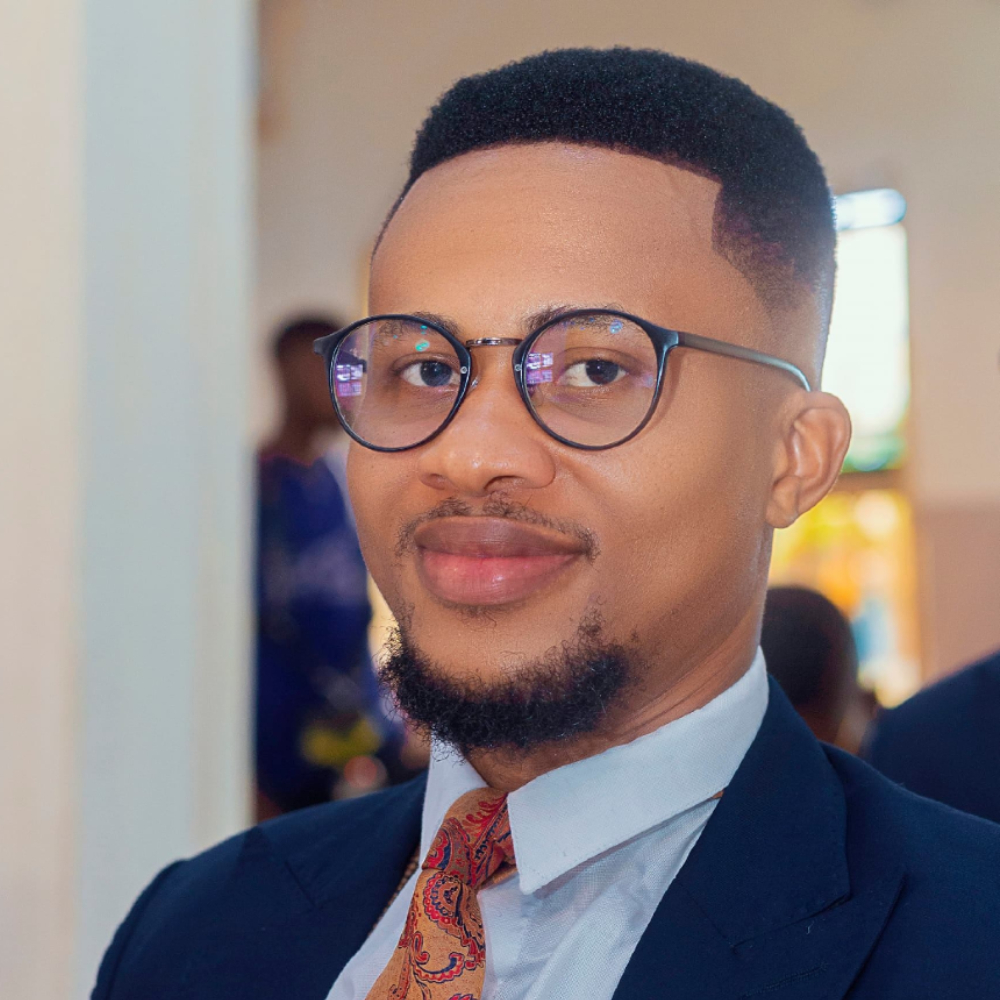Idorenyin Amaunam

-
Email
ia21792@essex.ac.uk -
Location
Colchester Campus
Profile
- BCI, mutual learning BCI, Machine Learning, Assistance and Rehabilitation, Recommender Systems,
Biography
Idorenyin is a PhD research student in the Brain Computer Interface and Neural engineering laboratory. He holds a Master of Technology degree in Computer Science from the Federal University of Technology, Akure, Nigeria. Prior to that, in 2011, Idorenyin bagged a Bachelor of Science (Hons) degree in Computer Science from the University of Calabar, Calabar, Nigeria. In 2016, after his Masters degree, Idorenyin got employed by the Akwa Ibom State University, Ikot Akpaden, Nigeria, as an assistant lecturer. Therein, he taught numerous computing courses, mentored lots of students and supervised B.SC thesis, until he was admitted at Essex. Idorenyin has previously authored research articles in recommender systems, neural networks and artificial intelligence. However, his research interest now lies in Brain Computer Interface (BCI), theoretical and applied Machine Learning, mutual learning and co-adaptation BCI, signal processing, cognitive, assistive and rehabilitative applications with BCI.
Qualifications
-
M.Tech Federal University of Technology, Akure (2015)
-
B.Sc University of Calabar, Calabar (2011)
Research and professional activities
Thesis
A Cognitive Brain Computer Interface for Rehabilitation and Assistance
The Brain Computer Interface (BCI) offers a communication pathway through which acquired brain signals can be analyzed through Machine Learning algorithms to produce a feedback mechanism. This mechanism proffers a lot of novel dimensions geared primarily towards people with specific needs. It has thus become a tool for control as well as communication, through which Disorders of Consciousness (DOC) are being assisted using a non-invasive BCI; Electroencephalogram (EEG). However, there have incre
Supervisor: Dr Serafeim Perdikis
